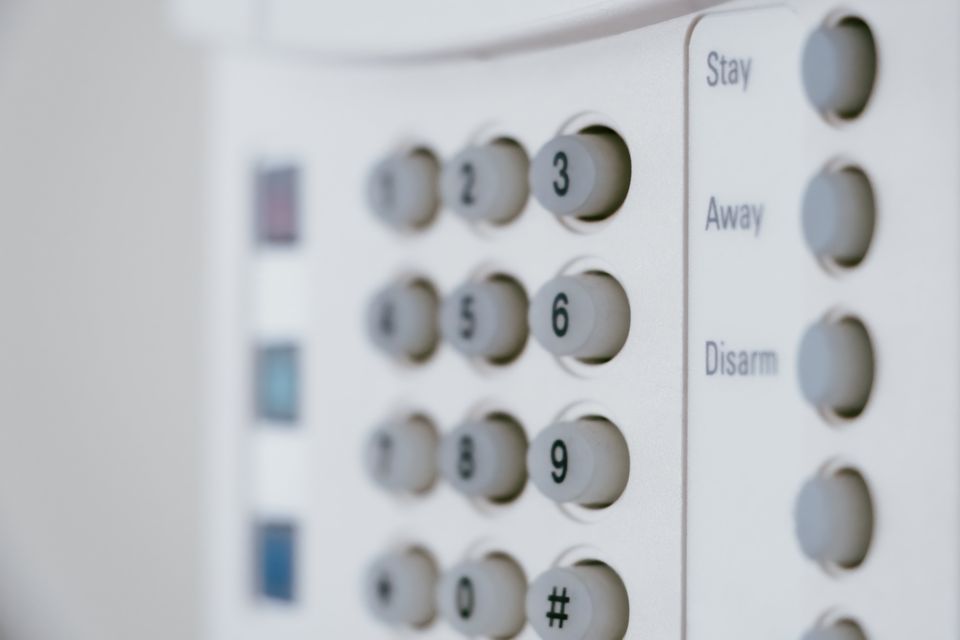Gardaí and competition regulator in ‘dawn raids’ on alarm companies
The purpose of the searches is to obtain evidence or information relating to CCPC investigations
The competition regulator has conducted a number of searches on businesses in the home-alarm industry, as part of an ongoing investigation into possible breaches of competition law.
Officials from the Competition and Consumer Protection Commission (CCPC) were supported by officers from the Garda National Economic Crime Bureau in the searches, which are understood to have been in the Dublin area.
The CCPC has the legal power to carry out unannounced searches on business premises and homes once it obtains a search warrant from the District Court. The purpose of such searches, commonly known as “dawn raids”, is to obtain evidence or information relating to CCPC investigations.
A spokesperson for the CCPC said that as the investigation into the home-alarm industry is ongoing, no further comment could be made.
The commission is the statutory body responsible for the enforcement of Irish competition law.
This forbids cartel agreements being struck by two or more independent firms, such as deals to restrict output, share markets or fix prices.
Competition law in Ireland also prohibits companies which have a dominant position in the market from engaging in abusive practises, such as refusing to supply, or setting predatory price levels. Last year the CCPC was given new powers to allow it levy fines directly on firms if they engaged in crimes such as price fixing.
The legislative change meant the CCPC no longer had to pursue suspects through the courts, and could instead impose fines of up to €10m, or 10pc of turnover if that is higher, once it had made a finding of wrongdoing.
The changes, arising from a 2019 EU directive, also meant the CCPC could offer full immunity to firms that admitted being part of a cartel, provided they supplied evidence on co-conspirators and were the first company to come forward.
Announcing the change, Brian McHugh, chair of the CCPC, said international evidence showed that whistle-blowing programmes are “the single most effective way of gathering essential evidence of collusion”.
The regulator also got the power to carry out video and audio surveillance, and to intercept and record emails, as part of cartel investigations.
This required the advance permission of the High Court.
The CCPC can also now look into smaller mergers, if they could have an effect on competition in goods or service markets.
Large mergers have always had to be notified to the regulator for review.
Join the Irish Independent WhatsApp channel
Stay up to date with all the latest news














